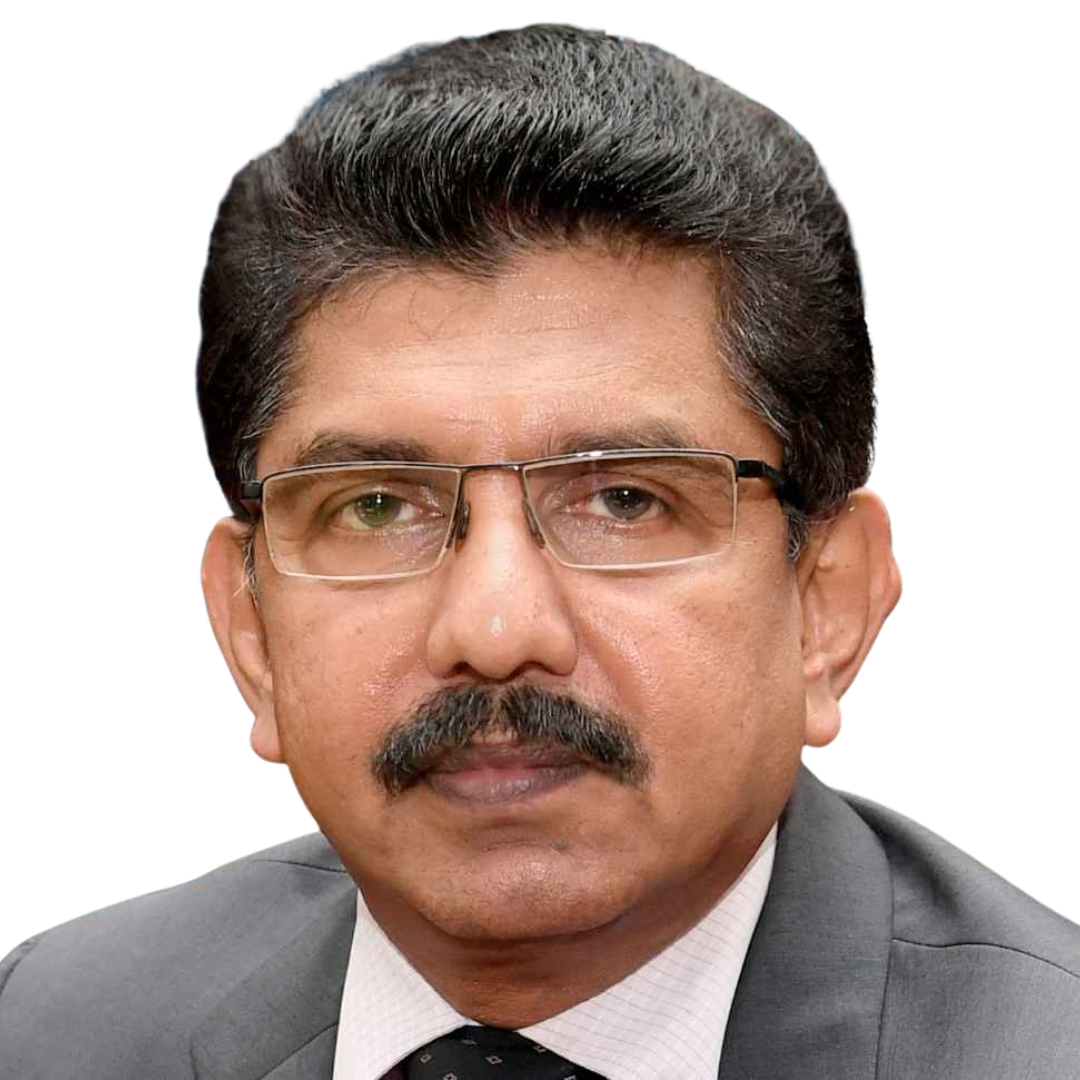Fact Check
Secretary to the Ministry of Health and Mass Media, Dr. Anil Jasinghe, makes three claims in his statement: (1) By 2041, 25% of the country’s population will be elderly, (2) By 2053, Sri Lanka’s population will have peaked, and (3) Sri Lanka is among the fastest ageing countries in Asia.
FactCheck.lk interprets the Secretary’s reference to “elderly” as people aged 60 years and above, as this aligns most closely with the cited numbers. The number of countries in Asia varies depending on classification; for this analysis, FactCheck.lk applies the United Nations M49 Standard, which recognises 50 Asian countries.
To check these claims, FactCheck.lk consulted Sri Lanka’s Statistics in Review (Vol. 2, Issue 1, 2022) by the Department of Census and Statistics (DCS), and the World Population Prospects 2022 dataset by the UN Population Division.
Claim 1: By 2041, 25% of the population will be elderly
Table 8 of the DCS study projects that the elderly population (60+) will reach 24.7% of the total population by 2042. Similarly, the UN’s medium-fertility projection shows the share of elderly rising from 16.8% in 2023 to 23.2% in 2041 and reaching 25% by 2045. These figures broadly support the Secretary’s claim that around 25% people in Sri Lanka will be elderly by the mid-2040s.
Claim 2: The population will peak between now and 2053
According to the UN’s medium-fertility projection, Sri Lanka’s population is expected to peak at 24.8 million in 2051. This aligns with the Secretary’s claim.
Claim 3: Sri Lanka is among the fastest-ageing countries in Asia
This claim refers to the speed of ageing in Sri Lanka. FactCheck.lk tests this claim in two ways:
- Rate of increase in elderly share: The larger the increase in the share of elderly population, the faster the ageing process. Between 2023 and 2053, Sri Lanka’s share of elderly population is projected to grow by a factor of 6. In contrast, the elderly population in the Maldives is projected to grow by a factor of 5.2 over the same period. In Asia, Sri Lanka ranks 41 out of 50 countries on this test, placing it in the bottom 20% rather than among the fastest-ageing.
- Relative share of elderly by 2053: This test assesses not the rate of increase, but the total future share of the elderly population reached by 2053, relative to other Asian countries. On this, Sri Lanka ranked 12th, and it is projected to be 18out of 50 countries by 2053. Again, this ranking does not place Sri Lanka as one of the fastest ageing countries.
While projections to the future don’t support the Secretary’s claim, we considered his claim in terms of the speed of ageing in the recent past. When the first test is applied retrospectively, Sri Lanka ranks 18 out of 50 countries for the speed of ageing over the past 30 years. This is still not among the “fastest ageing populations”, as claimed.
In sum, while the first two claims—about the elderly population’s share and timing of population peak—are correct. However, the third claim that Sri Lanka is one of the fastest-ageing countries in Asia, is very much off the mark.
Therefore, we classify the Secretary’s statement as PARTLY TRUE.
Exhibit 1: Sri Lanka’s Performance on Ageing Population amongst 50 Asian Countries

Note: 2053 figures are projections based on the UN population divisions
Example: 50th (1.9 times) means Sri Lanka ranks 50th amongst 50 Asian Countries in 2023, and 1.9 times refers to the increase in the 60+ share over the past 30 years (from 1993 to 2023)
Sources
World Population Prospects 2022 dataset, UN Population Division. https://www.un.org/development/desa/pd/sites/www.un.org.development.desa.pd/files/wpp2022_summary_of_results.pdf


